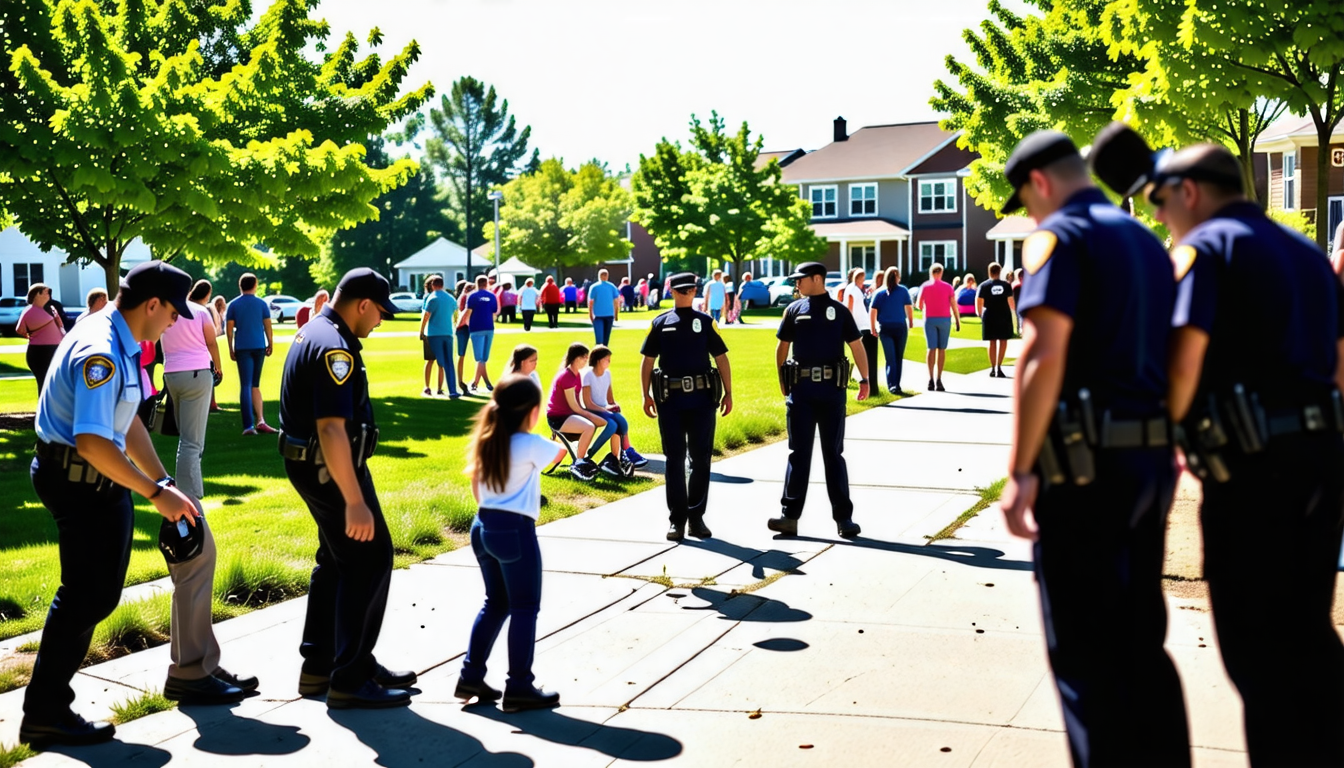|
IN BRIEF
|
In the realm of law enforcement, understanding your rights during a police stop can be crucial for navigating interactions with officers. In Canada, the legal framework is designed to protect citizens while ensuring effective policing. The Canadian Charter of Rights and Freedoms provides specific guidelines that dictate how encounters with the police should unfold. From the moment officers approach your vehicle or request to speak with you, there are rights that safeguard your freedom and dignity. Knowing these rights allows individuals to respond appropriately and assertively, facilitating a smoother experience during what can often be a tense situation. Recognizing whether you are being detained, your obligations to provide identification, and your right to remain silent are essential elements that empower citizens to uphold their sovereignty.
Understanding your rights during a police stop is essential for every citizen in Canada. It ensures that you can navigate interactions with law enforcement effectively and safely. Here, we’ll delve into what those rights entail, the appropriate actions to take during a stop, and how to handle various scenarios. Awareness of your legal entitlements not only protects you but can also facilitate a smoother experience when dealing with the police.
Additional Resources
When it comes to police interactions, having reliable resources at your disposal can enhance your understanding of your rights. Local legal aid organizations, as well as community groups focused on civil rights, often provide informative platforms, guidelines, and support for individuals facing police encounters.
For instance, the website Know Your Rights offers valuable insights into navigating police interactions. Furthermore, you can review legal representations at Kruselaw regarding reasonable requests made by officers during stops to ensure your rights are upheld.
Equipped with knowledge about your rights during a police stop in Canada, you can approach these interactions with confidence and awareness. Each person has the right to be informed, to remain silent, and to refuse unnecessary requests. Familiarity with these rights will lead to more respectful relations and ensure that the law is upheld for everyone involved.
Situations Where You Might Want to Remain Silent
There are various circumstances under which it is advisable to exercise your right to remain silent. For instance, if you are stopped while driving and questioned about potential illegal activities, it is wise to be cautious in your responses. Alternatively, if approached by police officers on the street, you can choose not to divulge personal information unless they have a valid reason to inquire. Understanding this right empowers individuals to avoid self-incrimination.
Understanding your rights during a police stop in Canada is crucial for ensuring your safety and maintaining respectful interactions with law enforcement. According to Section 10 of the Canadian Charter of Rights and Freedoms, individuals have the right to be informed promptly of the reasons for their detention. Importantly, if a police officer stops you, you can inquire whether you are free to go; a “yes” answer enables you to leave, while a “no” indicates you are being detained.
Furthermore, during a traffic stop, it is essential to remain calm and compliant. Drivers are legally required to produce their driver’s license and vehicle registration, while passengers should stay in the vehicle unless directed otherwise. Statistics show that about 85% of Canadians feel safer when they know their rights during police interactions, highlighting the importance of awareness.
Moreover, you have the right to remain silent and can choose not to answer questions that may incriminate you. This right is particularly relevant in the context of roadside sobriety checks. For more detailed information on your rights during such encounters, resources like the Peel Police website and the CCLA booklet offer valuable insights.
When it comes to your rights during a police stop in Canada, knowledge is power. Understanding your rights helps ensure that interactions with law enforcement remain respectful and lawful. You have the right to know the officer’s name and badge number, and it is crucial to remain calm and polite throughout the encounter. If you are stopped in a vehicle, you must provide your driver’s license and vehicle registration upon request; however, you can also inquire if you are free to leave. Remember that while you may choose to cooperate with the police, you are not obligated to answer questions if you are stopped on the street. Being informed about your rights can help protect you and foster better relations with the police.
FAQ
What are my rights during a police stop in Canada?
R: During a police stop, you have the right to know the officer’s name or badge number. Additionally, you are allowed to ask if you are free to go, and if the officer confirms that you are, you can leave.
Can I refuse to answer questions from the police?
R: Yes, you have the right to refuse to answer questions during a police stop. However, you can choose to cooperate if you feel comfortable doing so.
Do I have to show my ID if pulled over in a vehicle?
R: If you are driving, Ontario law requires you to show your driver’s license, vehicle registration, and proof of insurance. If you are a passenger, you are not obligated to provide identification.
How long can the police detain me without charge?
R: In Canada, police can only detain you for a reasonable amount of time without charge. If they decide to arrest you, they must do so with valid grounds.
Can I ask the police if I’m free to go?
R: Yes, you have the right to ask the police if you are free to leave. If they indicate that you can go, you are not being detained and may leave the interaction.
